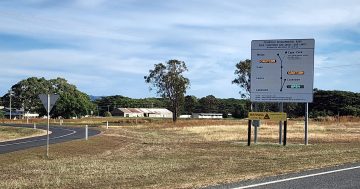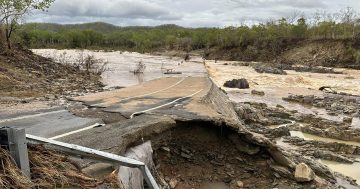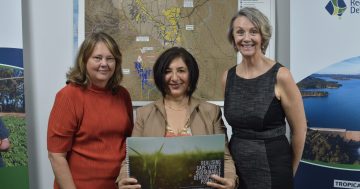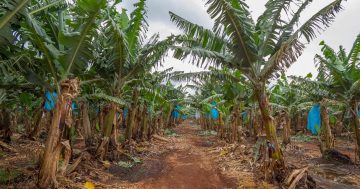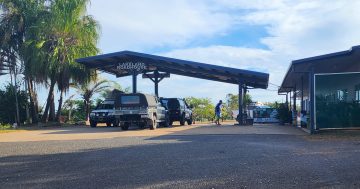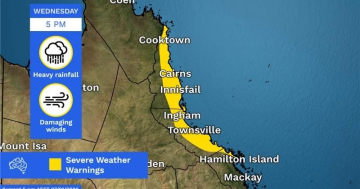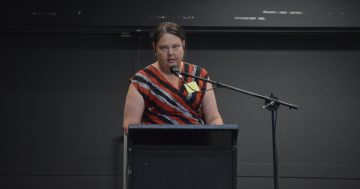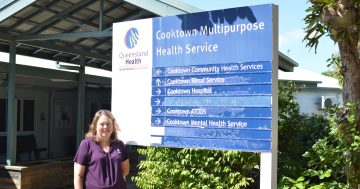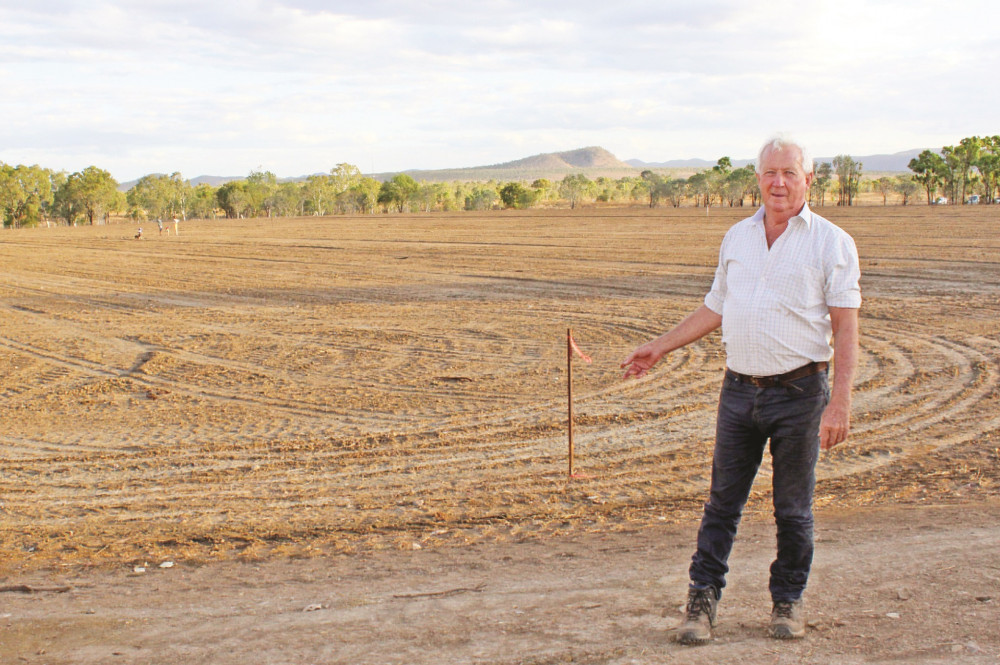
Already the agricultural capital of the region, Lakeland’s potential to develop into a bustling township is being seriously considered by the council.
Mayor Peter Scott said there was “massive” potential for Lakeland to grow to a population of around 2000 people in future years.
“There are some things that would need to happen but there are so many positive things happening in that space,” he said.
Cr Scott is on the steering committee for the Lakeland Irrigation Area Scheme, which is proposing to build a massive dam that would fuel farming growth in the region and help expand the town.
“It’s a project that is being driven largely by Regional Development Australia (Tropical North) and there’s a bit of work to do before it’s ready to go,” he said.
“But the feds are really supportive and I think we’re starting to see the state government come on board.”
If the dam was built, it could see Lakeland become another hot spot for tourism, just as Lake Tinaroo has bolstered the Tablelands.
Cook Shire Council is aware that growing a community can be a challenging prospect, especially without core services, such as health clinics and reliable internet.
At last week’s September council meeting, the council voted to write to Queensland Health Minister Yvette D’Ath to request the provision of permanent health services in Lakeland as a government priority.
In the motion tabled by deputy mayor Robyn Holmes, it said that Lakeland’s growth in the last five years had led to more calls from the community about bringing permanent services to the town.
Both Cr Holmes and Cr Scott said there had been a warm reception to the idea from local health officials.
But Torres and Cape Hospital and Health Service executive general manager Ian Power was not as forthcoming.
“The Torres and Cape Hospital and Health Service regularly reviews and assesses all its services to ensure they meet ongoing community demand and expectations,” he told Cape York Weekly in a statement.
“We are happy to engage with the Lakeland community and the Cook Shire Council to identify any demonstrated future demand for health services in the community and consider how best these might be met.
“Currently, health services for Lakeland residents are readily available at the Laura Primary Healthcare Centre or at the Cooktown Multipurpose Health Service, both of which are around 45 minutes away by car. Emergency services also are available 24/7 through the 000 system.”
Lakeland Progress Association president Gary McClelland said it was time for the town to be recognised as a growing hub in the region.
He said Laura was historically the service town for the Lakeland region, but that the district had grown enough to need its own services.
“Laura was the community that existed before Lakeland,” he said.
“When the railway line went from Cooktown to Laura, all the government services went to Laura.”
Mr McClelland said before the road was sealed all the way to Lakeland, the Royal Flying Doctor Service would make regular trips to the town.
“They would come about once a month but that stopped in about 2006,” he said.
As for the growth of the town, Mr McClelland said he could see the potential, provided there was enough residential land and services.
“There isn’t a lot of land to build on that is zoned residential,” he said.
“And bringing families to a remote area can be challenging.
“Even Cooktown has those issues.”
Lakeland also suffers from a lack of reliable internet, another issue that was tabled at last week’s Cook Shire meeting.
The council voted to enter into a two-way confidentiality agreement with NBNCo about improving the service to the community.
The Lakeland State School still relies on dial-up internet, while most property owners are forced into using satellite NBN.
Cr Scott said there was a lot to look forward to in Lakeland.
There have been some major investments in the community in the last five years, including the massive solar farm and the creation of the Gateway to the Cape, which is proving to be a popular tourist stop.
Plans for a major wind farm project are still on the cards, although Windlab has suffered a few setbacks in its progress to get the turbines into Lakeland.
And while the massive dam could be still another decade away from completion, the construction itself would bring hundreds of jobs to the region.


